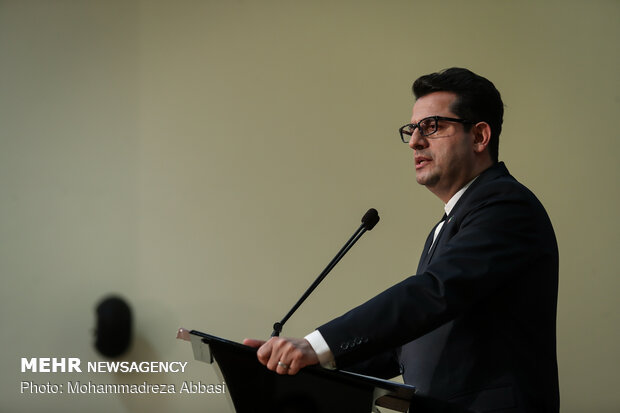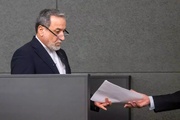“No one in the government has pinned hope on Europe’s INSTEX but we have not blocked its way, either; not only do we consider it insufficient, but also we see it as a preface to implementation of Europeans’ eleven commitments [under the JCPOA],” he tweeted in Persian on Wednesday.
“We are still in the JCPOA and will, for now, demand our rights in this deal’s framework,” he added.
In 2015 and after years of negotiations, Iran and six other powers signed an agreement officially called the Joint Comprehensive Plan of Action, which put limits on Iran’s nuclear program in exchange for the removal of nuclear-related sanctions. However, in May 2018, US President Donald Trump unilaterally pulled out of the deal and re-imposed even stricter sanctions on Tehran.
European signatories to the deal, namely Germany, France and the UK asked Iran to remain in the deal, promising to safeguard Iran’s economic interests under the deal. It took them more than one year to establish a special trade mechanism called INSTEX (Instrument in Support of Trade Exchanges) which they claim on Friday that it has become operational. The mechanism will initially cover trades of food, medicine and medical devices and to gradually include other areas.
Tehran says the channel is not sufficient and doesn’t meet the needs of the country which is faced with severe US sanctions. Iranian officials insist that EU should honor its JPCOA commitments in trading and banking sectors, and should provide the ground for Iran’s oil export.
On the first anniversary of the US withdrawal from the nuclear deal, Iran announced that it would suspend the implementation of some of its commitments under the deal, announcing that it would stop exporting excess uranium and heavy water, setting a 60-day deadline for the five remaining parties to the deal to take practical measures towards ensuring its interests in the face of the American sanctions.
MAH/4656997



























Your Comment